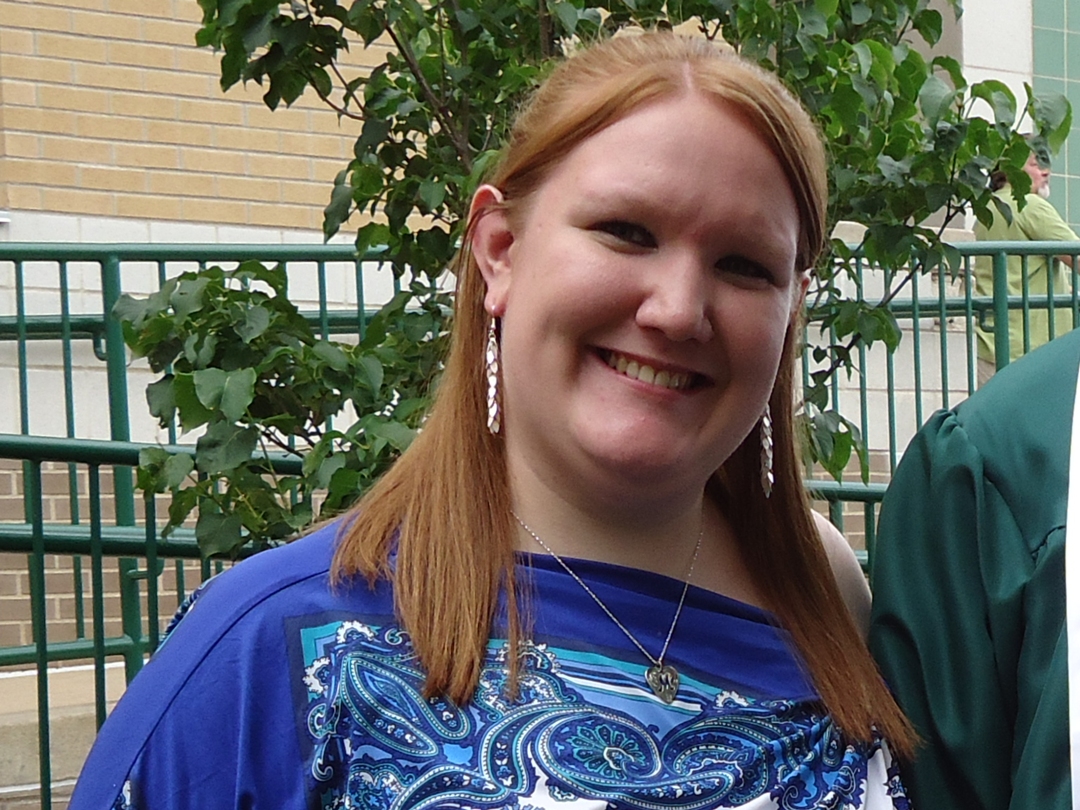Many Different Paths To The Same Destination
Many Different Paths To The Same Destination
By: Michelle Remold
Each week as I sit down to write this blog, I go through the same events. I start by reading through my list of topic ideas and ask for input from others who have experience with Alzheimer’s or dementia. This helps me steer away from using ideas that may be too similar and gives me ideas that I may not have thought of before. While going through this same series of events for this blog post, I began looking back on other ideas and stories that have been shared with me and something stuck out to me; this has become my discussion topic for this week.
What stuck out to me is that not one of the stories have shared commonalities in how loved ones with Alzheimer’s or dementia were interacted with or what techniques were used to engage them with family and friends . Each story or experience has been unique and has reiterated to me that everyone is different and everyone with the disease is different. It has also shown that there is not just one way to interact with people that have Alzheimer’s or dementia.
As I was getting ready to write this post, a story was shared with me and has stuck with me all day. The story comes from a friend of mine who usually shares unique ideas on how to engage and interact with those who have Alzheimer’s and dementia; most of which I don’t think I would have ever come up with. Today however, her story was about birthdays. She said something they did for one of her mother’s birthdays was write something about her for each year she had been alive (70 things for a 70th birthday). The items written can include things like a trait you admire, a lesson learned from them, recipes taught, and many more. Not only does it give loved ones a chance to look back on memories, but once it’s done, it shows the person with Alzheimer’s or dementia how much they have truly impacted everyone.
At first I thought that this would be a great idea for anyone who was in the early stages of the disease, but I soon changed my mind. Why not use something like this for anyone, no matter what stage of the disease they are in? It would be fun to look back on memories and times spent with a loved one who has Alzheimer’s or dementia. You also never know what will get a response from them; for me all the work would be worth it for a smile or a hug.
I think that it’s important to remember that we are all different and everyone who has Alzheimer’s or dementia is different as well. What I have found to work well, may not work well for everyone, but that is a benefit of sharing stories and memories. It provides ideas on how to try to interact with loved ones as the disease progresses. Some ideas may work well, others may not, and you may find your own ways to interact with and engage them. The main thing is to not stop trying, you never know what they will respond to and a response that is as simple as a smile, might make it all worth it.
 Michelle graduated from the University of Northern Iowa with her Bachelor of Arts in Gerontology: Social Sciences and a minor in Family Studies. She is currently pursuing her Master’s degree in Aging Studies and Nursing Home Administration from Minnesota State University Mankato.
Michelle graduated from the University of Northern Iowa with her Bachelor of Arts in Gerontology: Social Sciences and a minor in Family Studies. She is currently pursuing her Master’s degree in Aging Studies and Nursing Home Administration from Minnesota State University Mankato.


Thank you Michelle.
May I totally support your views and add another from my experience of 50+ years trying to tune in with people experiencing dementia.
As you say we are all unique. One million percent accurate!
I believe we do share one quality and that is intuition.My company employs 90 carers and it is astonishing to experience the bonding which takes place with their cared-for person, when they stick with their intuitive “vibes”,” frequencies”.
Intuition is a highly sensitive instrument that does not need DOING. The best way our staff explain it is; BEING QUIET and KNOWING. When the harmony has happened, both people smile, together!!
Doing things can oppress.
I so agree. being in tune at that heart and soul level with one another is not only a gift . but a tool